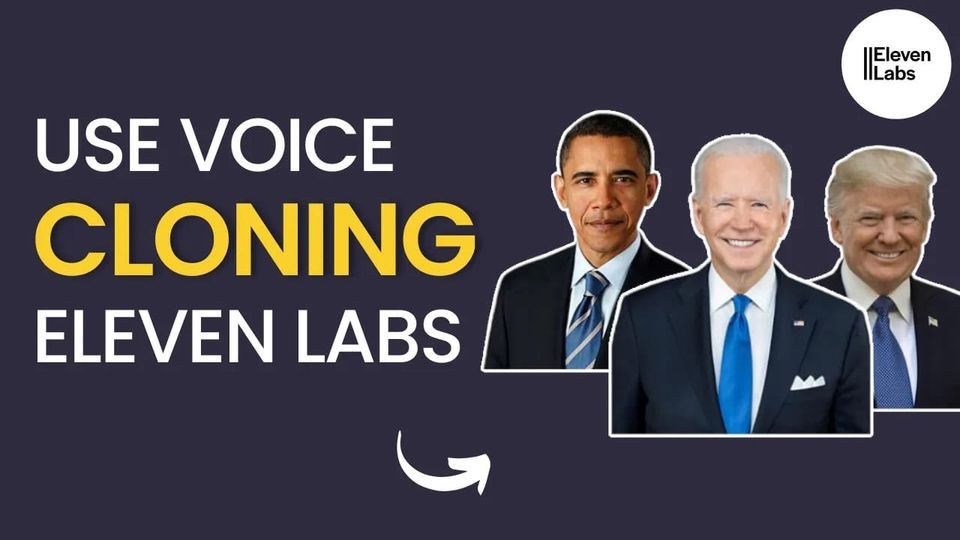AI Voice Clones: The New Disinformation Threat Looming Over Upcoming Election

In a digitally interconnected world, the reliability of information is paramount. But as we tread further into the realms of technological progress, the line between reality and fabrication blurs. Enter AI voice clones, the new Trojan Horse of misinformation.
A Distorted Campaign Trail
Picture this: In the run-up to the national elections in Slovakia, an audio clip was widely circulated. It showcased the Progressive party leader, Michal Šimečka, discussing a vote rigging scheme. The revelation sent shockwaves throughout the nation. But soon after, fact-checkers debunked this audio, flagging it as a probable product of AI voice manipulation.
Similarly, across the Channel, the UK's Labor party leader was ensnared in a scandal, appearing to berate a staffer in a clip posted on X, the successor to Twitter. This too was dismissed as a likely AI creation.
These instances raise a poignant question: In an era where seeing shouldn't always be believing, can hearing still be trusted?
The Technological Underpinnings
Previously, voice cloning echoed the realms of sci-fi. But with rapid advancements, we're now faced with software that no longer produces robotic, disjointed voices. Instead, we have algorithms capable of replicating natural speech, intonations, and emotions almost flawlessly.
Companies like Eleven Labs offer tools to generate deepfaked voices with just a few seconds of an original voice recording. All for a paltry sum, making the technology widely accessible.
Beyond Politics: The Ripple Effects
The impacts aren't restricted to the political arena. Celebrities, like Tom Hanks, have warned fans about unscrupulous entities using their voice to peddle products. TikTok, a platform celebrated for its AI curations, is also grappling with fake news reports – some linking former US president Barack Obama to dubious claims.
Social Media's Battle with Audio Deepfakes
Fact-checking images and videos, while challenging, often presents analysts with "tells" – tiny imperfections AI hasn't mastered yet. But AI-generated audio lacks such blatant glitches. This poses a quandary for platforms like Facebook, Instagram, and X. While some of these platforms label and down-rank debunked content, their policies seem ill-equipped to handle the new wave of manipulated audio.
The Global Soundscape
The challenge intensifies globally, especially in regions with linguistic diversity. Voice software is increasingly adept at mimicking a plethora of languages. In countries where social media is a primary news source, the lack of robust fact-checking networks makes deciphering genuine audio from AI replicas even harder.
The Way Forward
It's clear that we're at a pivotal juncture. The “No Fakes Act” proposed by a group of senators hints at legislative countermeasures. But the onus, some argue, also falls on tech giants to curtail the spread of such content.
Professor Hany Farid from the University of California, Berkeley, posits that the ultimate responsibility lies with these platforms. While they might be hesitant due to potential revenue hits, the larger question looms: Can we afford to compromise the authenticity of our digital discourse for profit?
As AI voice clones become more sophisticated, society must adapt – redefining our understanding of trust, authenticity, and reality. It's an echo chamber, and if unchecked, our very perceptions might be held hostage by algorithms.

Member discussion